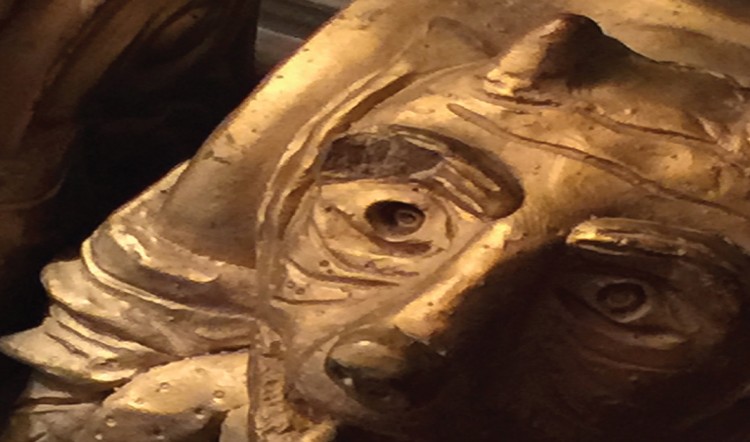Doling Out Information in RPGs: What Works for You?
There are numerous ways to get information into the hands of your players and every one of them is right. However, some ways are more right than others.
One thing I’d really wave off doing is putting another layer of complexity onto Savage Worlds to emulate successes. If things don’t matter dramatically, you should know the characters in your group well enough that, as GM. You can use a little narrative control and common sense to let things play out as they should.
If someone is the techie, he’ll be the one most likely to take note of one thing or another. If someone has the highest tradecraft, he’s going to know his spy stuff (whether it’s applied or theoretical is another matter–see Robert Redford in Three Days of the Condor), and if someone is a demolitions oriented character…well, you get my drift, right?
Rolls should matter. Overlaying another system to give out information is up to you. Some folks have recently discussed doing things in a Gumshoe like manner. They are two different systems. Gumshoe has a very specific and central economy and currency as does Savage Worlds. Marrying them doesn’t quite fit. Stylistically, they are striving towards two different effects and two different ends of the spectrum.
If I wanted something to best emulate, who figures out what, then you can use something more akin to what’s found in FATE. X is going to be discovered/done/whatever in Y time. The better your skill set, the quicker/better you’ll accomplish it. In fact, this particular mechanic is one of my favorite in FATE. It is something which could be adopted with little difficulty and both fundamentally preserve the integrity of Savage Worlds while moving forward the particular agenda of letting competent characters remain competent.
Until next time, I bid you, dear reader, adieu!

3 Notes on, Doling Out Information in RPGs: What Works for You?
Chaosmeister
That is a great topic, I hope others will chime in too. It is one of the trickier things to gouge for me. In my current campaign invstigation plays a major role. Policework, crime scene investigation as well as occult or historic research. Now in the beginning I used succes based system. One success is the minimum needed to get any Information at all, tqo for more advanced knowledge and three for the really obscure stuff. That however lead to my players only gathering the basic knowledge most of the time. I as a GM however would love for them to find the really secret stuff because that is necessary to really understand what is going on in the overarching plot. These are publisher adventures btw.
The last two sessions I modified this. The one with the highest skill finds out the basic stuff with a failure on his roll and one success already unlocks the secret stuff. It has been working fantastic so far.
John Davis
I actually do take the gumshoe approach to doling out clues. Usually finding clues is a matter of asking the right questions or looking in the right places. Role playing covers that. Who gets the clue is a matter of who has the relevant skill or background.
I avoid rolling for every little thing because players are tempted to spend bennies on rolls. They get annoyed when they spend a Bennie and find out it was just a minor clue. I want them to know about the warehouse and what time the ritual starts. They can save the bennies for fighting the deep ones that show up to play. :-)
Chris Sniezak
I’m a fan of the Core Clue concept but not it’s specific mechanic. I like the idea that an investigator will find the clue to move the story forward or guide them to the next Plot Point but they might not find those extra clues that could really help them but aren’t necessary to making sure they get to where they need to go. I’m also a fan of giving them the clue but not explaining what it means. So they find a matchbook with the name of a bar on it at the scene of a murder and the matchbook. This clue directs them to the bar but it doesn’t tell them what to do or who to talk to once they get there or any work they want to do before going there. Pair that with the victims name and maybe a fingerprint if they think to look for one and now they have more information to make decisions but it’s the matchbook that’s the needed clue. It’s directing them along a mystery but not telling them how to proceed with the investigation.